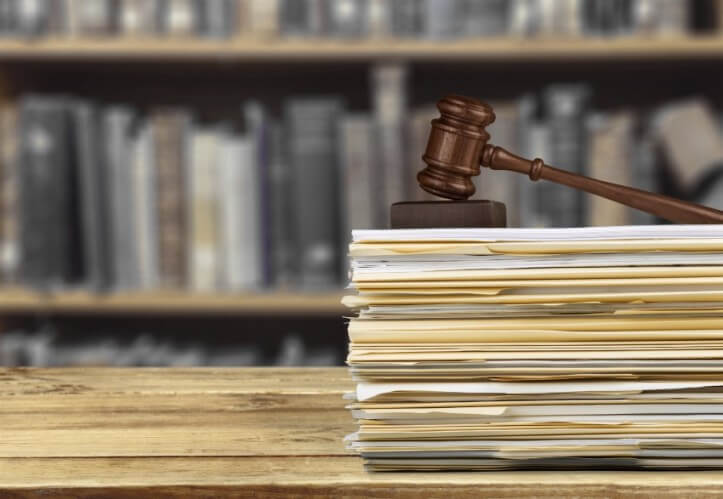Law is one of the most data-driven professions there is, generating potentially thousands of information-filled files per case. In the United States each year, there’s an average of 350,000 cases brought before courts, That doesn’t take into account the number of contracts, affidavits and other information used outside the court system. Just one felony dataset can contain a person’s entire criminal, work and personal history. Finding ways to compile, analyze and store all of that information continues to be a challenge, but big data may be the answer.
What is “Big Data”?
Without getting too tech, big data is a means of using computer technology to continually scan large blocks of information and detect patterns and trends. Performing these tasks manually can take weeks to do what one app can accomplish in seconds, and it’s a lot more accurate.
It’s used for everything from predicting consumer behavior for marketing purposes to human interactions from a psychological standpoint. In the legal field, there are a number of possible applications.
Big Data, Legal Research and Client Service
The most wide-spread future for big data in business is information management, and this is where it’s being implemented in most law firms that use it.
Data mining and analysis helps on the business end of your law firm by streamlining firm and client database management. It’s also useful for billing and time management. The more exciting possibilities relate to how it can help attorneys gain deeper insight by analyzing cases, evaluating judges and opposing counsel or even searching huge law databases for precedent.
How Big Data Helps With Case Preparation
An early study of Intelius data sets had some interesting results, but so far the research hasn’t been duplicated. Using minimal information on large groups of persons in the database, the study sought learn if data mining and analysis could be used to predict future criminal activity.
The researcher set parameters for things like number of tattoos, eye color and how many minor offenses were committed by each individual. This program was able to determine with ‘reasonable accuracy’ whether someone had committed a serious felony. This has future implications for law enforcement, but it may also provide a solid basis for case preparation in criminal defense. If it becomes widespread in criminal investigations or business environments, it may affect privacy issues in the future that will call for legal remedies.
Big data and predictive analysis through AI-based applications are the future of many businesses, and there are many implications for the legal profession in particular. It hasn’t revolutionized the legal field yet, but your firm should be on track to take advantage of the technology now to remain competitive.
